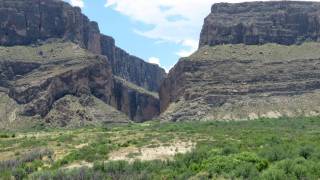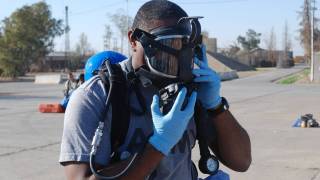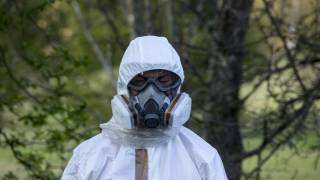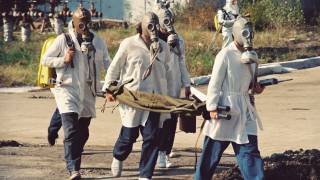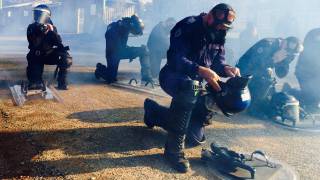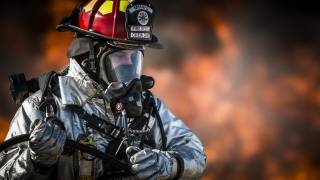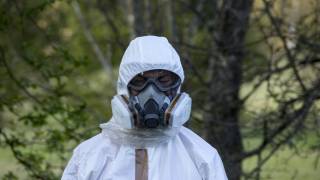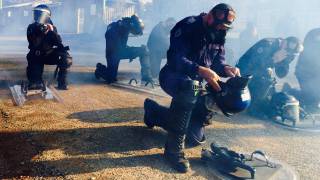$285 Million Allocated for Novel Anthrax Antibiotic
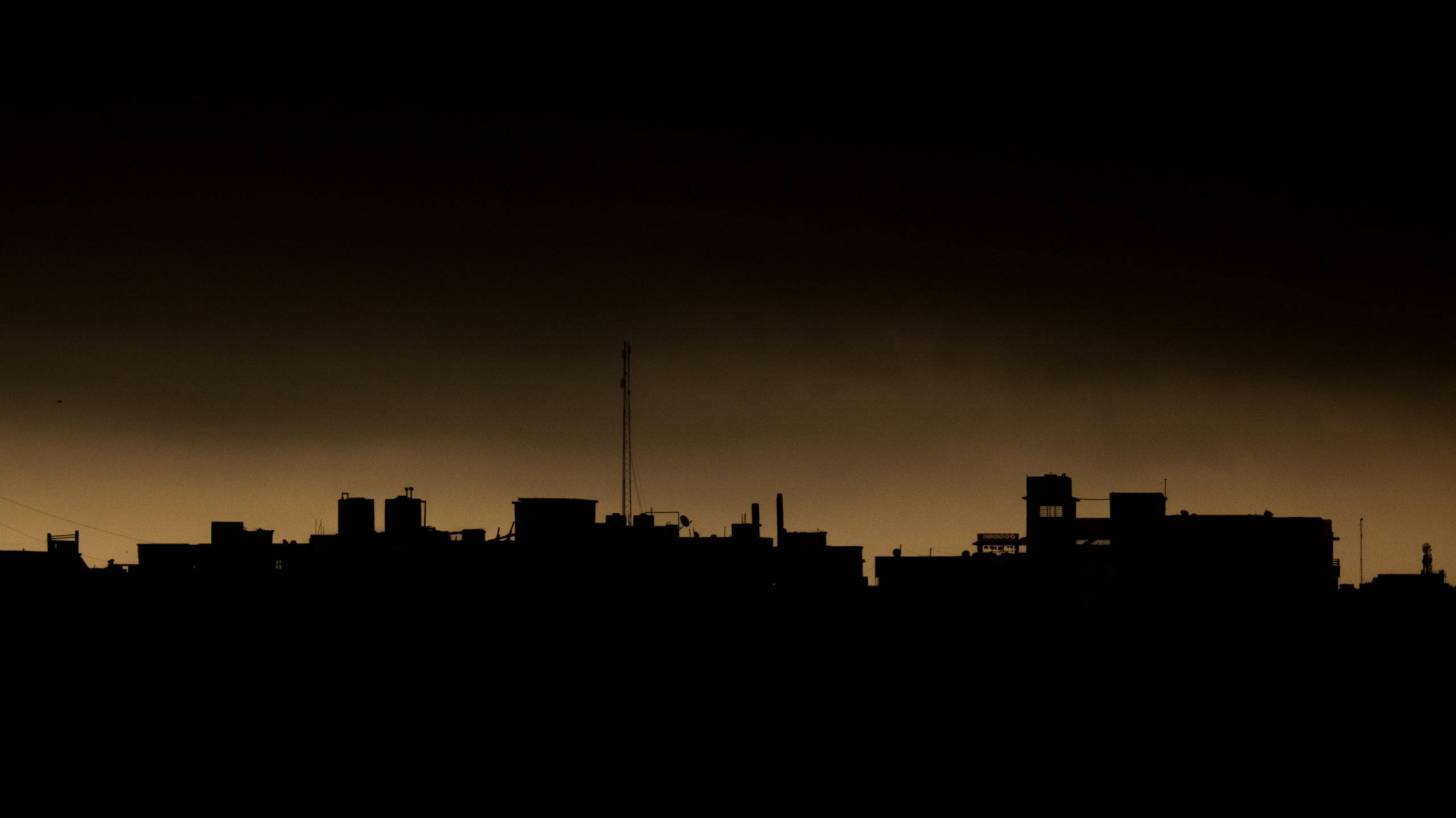
A Boston-based biopharmaceutical company announced that the Department of Health and Human Services (HHS), Office of the Assistant Secretary for Preparedness and Response (ASPR), and Biomedical Advanced Research and Development Authority (BARDA) has awarded the Company a 5-year contract, with an option to extend to 10-years, to support the development of Paratek’s NUZYRA® (omadacycline) for the treatment of pulmonary anthrax.
Paratek Pharmaceuticals NUZYRA is a novel, broad-spectrum, once-daily oral and intravenous (IV) modernized tetracycline, that was approved in October 2018 to treat community-acquired pneumonia and skin infections.
A modernized tetracycline, NUZYRA is specifically designed to overcome tetracycline resistance and exhibits activity across a spectrum of bacteria, including Gram-positive, Gram-negative, atypicals, and other drug-resistant strains.
The initial NUZYRA approval announced on December 18, 2019, and the option to procure up to 10,000 treatment courses of NUZYRA for the Strategic National Stockpile (SNS), are for use against potential biothreats.
Under the terms of the agreement, BARDA will award initial funding of approximately $59 million for the development of NUZYRA for the treatment of pulmonary anthrax and the purchase of an initial 2,500 treatment courses of NUZYRA to add to the current SNS.
The contract provides for additional potential time-based funding including approximately $77 million for existing commitments scheduled to begin in April 2020 and approximately $20 million for manufacturing-related requirements scheduled to begin in June 2020.
The remaining staged, milestone-based funding includes the potential for approximately $13 million to support the development of NUZYRA for the prophylaxis of anthrax and a maximum of approximately $115 million to provide for three additional purchases of NUZYRA for the SNS, each of which will be triggered upon development milestones related to the anthrax treatment development program.
Anthrax vaccine news
- Anthrax Vaccine Guidelines Updated by the CDC
- Next-Gen Anthrax Vaccine To Launch Phase 1 Study
- BARDA Exercises $261 Million Dollar Option for Innovative Anthrax Vaccine
BARDA’s Project BioShield program was created to accelerate the research, development, purchase, and availability of effective medical products against chemical, biological, radiological, or nuclear agents. Project BioShield provides the government with the authority and funding to develop, acquire, stockpile, and distribute the medical products needed to protect the United States against biothreats.
Dr. Rick Bright, BARDA Director and Deputy Assistant Secretary for Preparedness and Response, said in a press release, “This award is an important step in BARDA’s efforts to enhance our national health security preparedness.”
To reduce the development of drug-resistant bacteria and maintain the effectiveness of NUZYRA and other antibacterial drugs, NUZYRA should be used only to treat or prevent infections that are proven or strongly suspected to be caused by susceptible bacteria.
NUZYRA is contraindicated in patients with known hypersensitivity to omadacycline or tetracycline-class antibacterial drugs, or to any of the excipients.
The use of NUZYRA during the second and third trimester of pregnancy, infancy, and childhood up to the age of 8 years may cause reversible inhibition of bone growth.
Prescribing NUZYRA in the absence of a proven or strongly suspected bacterial infection is unlikely to provide benefit to the patient and increases the risk of the development of drug-resistant bacteria.
The most common adverse reactions (incidence ≥2%) are nausea, vomiting, infusion site reactions, alanine aminotransferase increased, aspartate aminotransferase increased, gamma-glutamyl transferase increased, hypertension, headache, diarrhea, insomnia, and constipation.
People get infected with anthrax when spores get into the body. When anthrax spores get inside the body, they can be “activated.” When they become active, the bacteria can multiply, spread out in the body, produce toxins (poisons), and cause severe illness.
In the event of a large-scale release of B. anthracis spores, the SNS will distribute medical countermeasures to affected states, and state and local public health agencies will then dispense antimicrobials to and vaccinate numerous at-risk persons, says the HHS.
Before 2001, the last case of inhalation anthrax reported in the United States was in 1976.
Paratek Pharmaceuticals, Inc. is a commercial-stage biopharmaceutical company focused on the development and commercialization of innovative therapeutics.
Anthrax news published by Precision Vaccinations.
Our Trust Standards: Medical Advisory Committee



